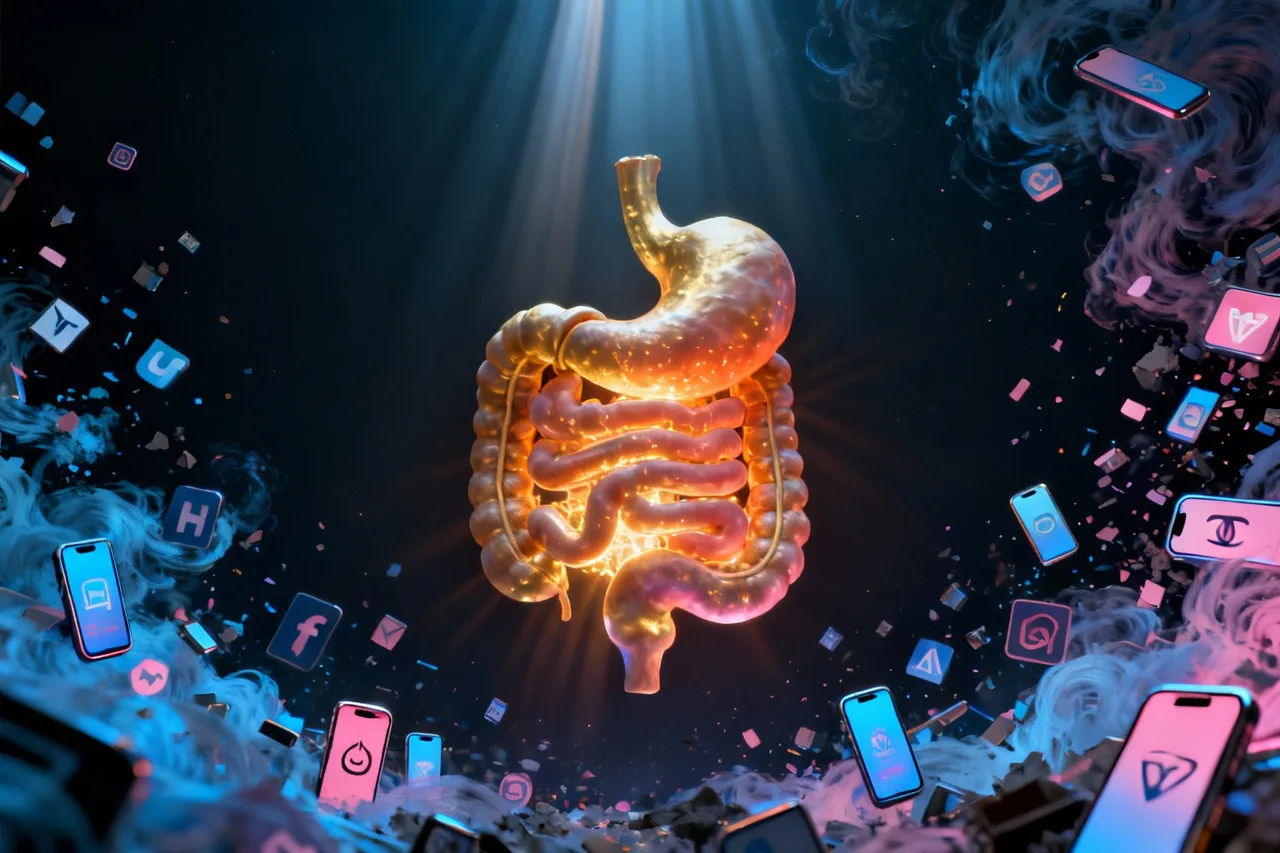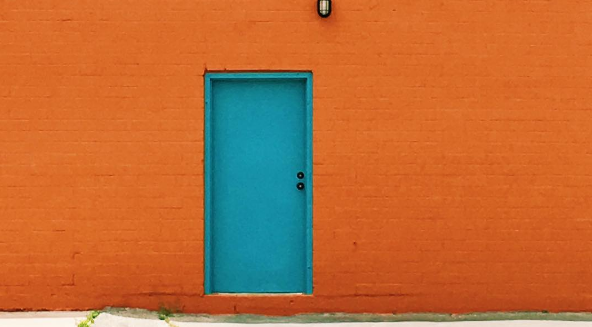
Human beings are inherently complex. We like to complicate the simplest of matters and distort reality by succumbing to our own insecurities. The allure of adversity is intrinsic to our nature, albeit in most cases, less is really more. Our entire evolution is credited to finding solutions to problems in our surrounding environment. The word minimalism may conjure images of an overly modest, plain, and simple aesthetic. It has been dramatized to defy everything it stands for- a philosophy for a finer way of life, not determined by material objects or corporeal clutter.
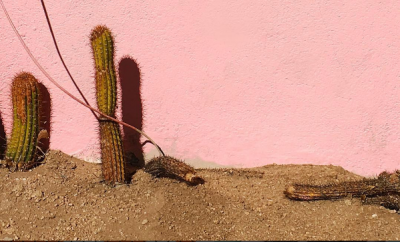
Millennials today live and breathe multifariously, as everything within sight is one of a dozen different options. Breakfast is no longer a toasted everything bagel and an americano- you are now faced with categories and subcategories of steel-cut oatmeal, buttermilk pancakes, banana nut muffins, savory crepes, and lattes made with love- and of course, options of 5 different kinds of milk, from non-fat to almond. Even choosing between ketchups has become a chore. As fortunate as we are to be faced with an endless array of choices, having too many options makes it consistently more difficult to feel satisfied with what we choose.
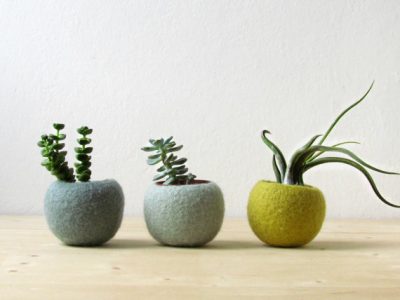
Psychologist Barry Schwartz explores “the paradox of choice” and the detrimental effect these choices have on our well being in his Ted Talk. Life is a matter of choice. All of this choice produces paralysis in decision making rather than the freedom and liberation of having the power to exercise free will. With so many options to choose from, people are becoming more indecisive in making a choice at all. Stress levels may run high as you don't want to pick the wrong salad dressing; even when you finally make a decision, there is a high probability you will end up feeling less satisfied with your choice than you would feel if there were fewer options to choose from. Clinical depression in recent years has exploded in the consumer world due to these high standards.
We pick out imperfections because nothing is perfect. Therefore, it becomes easy to imagine you could have made a different choice to make it better. The grass always seems to be greener on the other side. For the student that had to make a choice between two universities, he or she may face this dilemma during the first two weeks of the semester in ultimately questioning the choice and picturing a potentially happier experience on the other side. This imagined alternative induces you to regret the decision you initially made and thus, subtracts from the satisfaction even if it proves to be a good decision. You made the decision, you carry the disappointment and you blame yourself.
Leading a minimalist lifestyle does not have to mean getting rid of your television set, your fancy coffee machine, and most of your possessions. It simply means sticking to your vodka soda because it makes you happy and it's less complicated than most of your relationships. Rooted in the idea of needing less to be happy, minimalism explores the riches of the world beyond material possession. Oscar Wilde once said, a cynic is “a man who knows the price of everything and the value of nothing.” By refocusing what truly matters and stepping outside of the consumer world, a minimalist lifestyle allows you to place value on the relationships in your life and your self-worth.
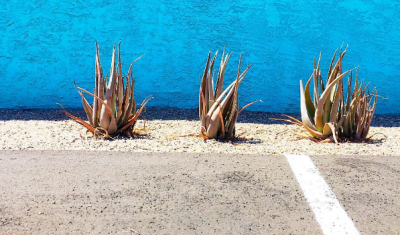
All Images Via Happymundane
You may also like

What Changes When Glp-1s Become Pills
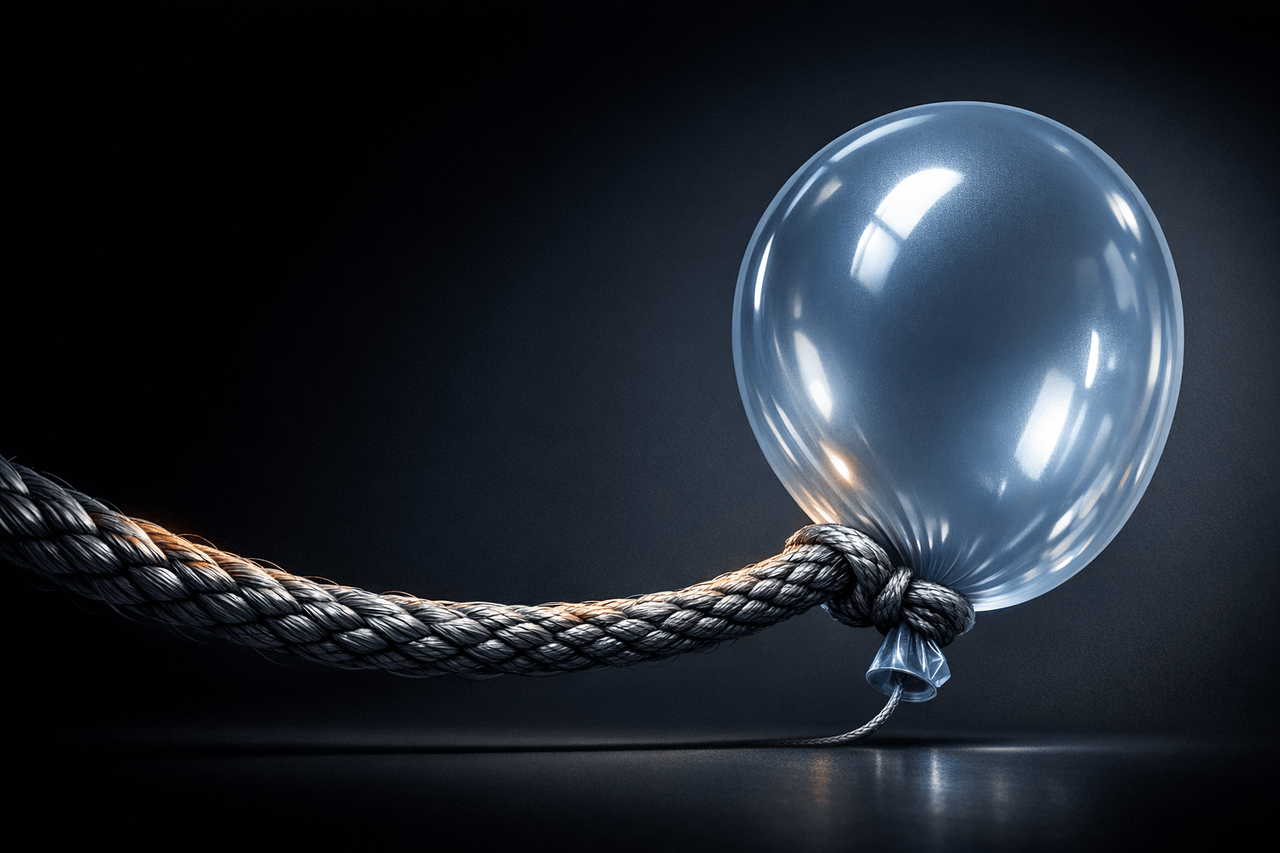
Fibermaxxing Explained: Hype, Help, and How-to
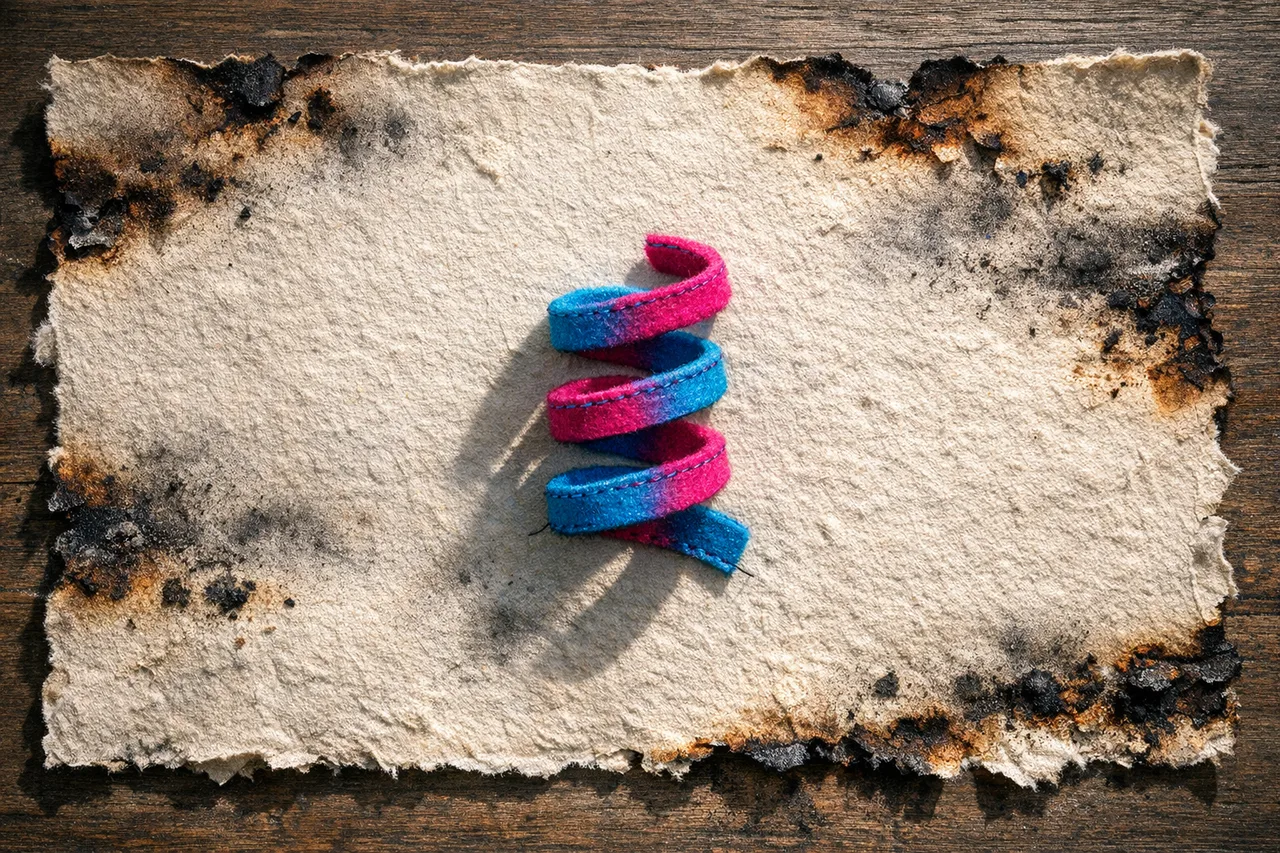
Why Whimsy Sparks Joy in a Burned-out World
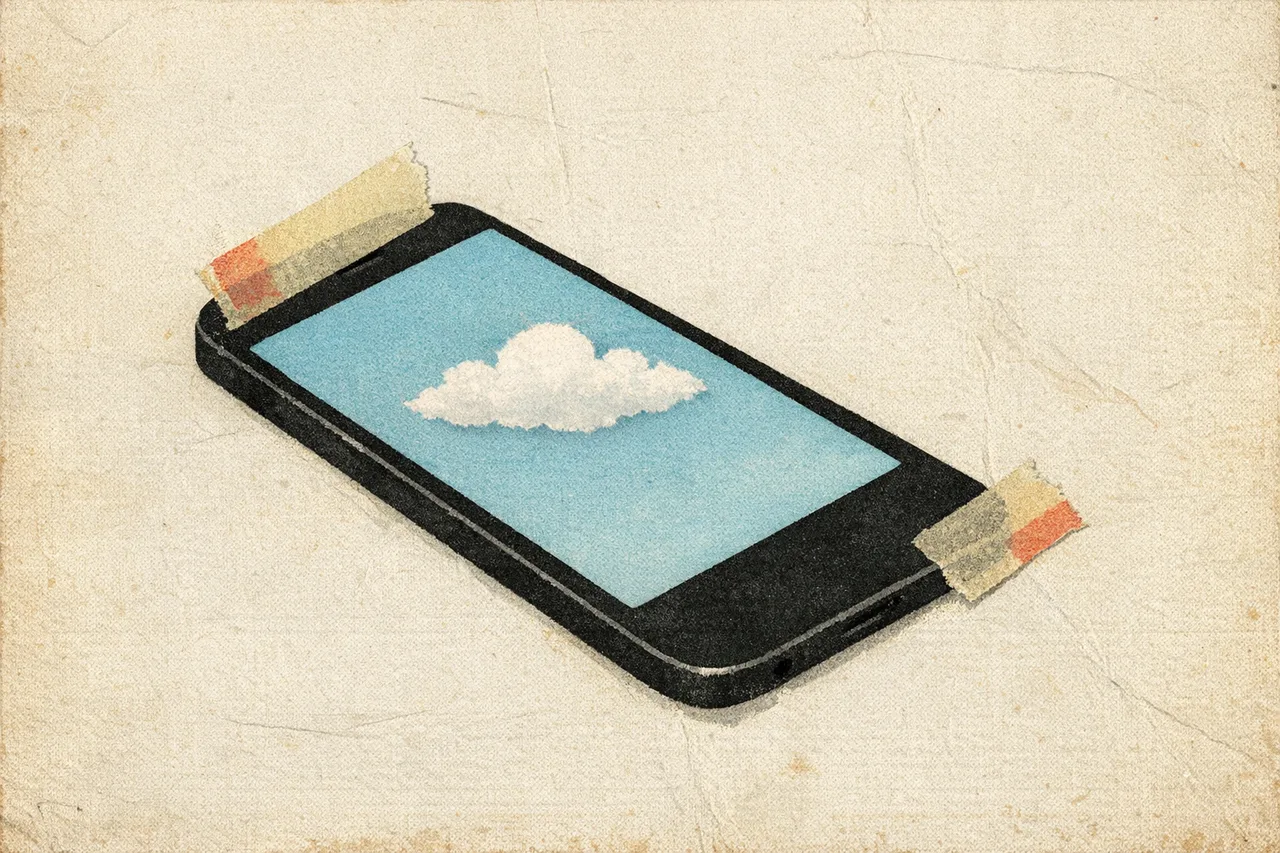
Digital Detox, Minus the Retreat (and Hype)
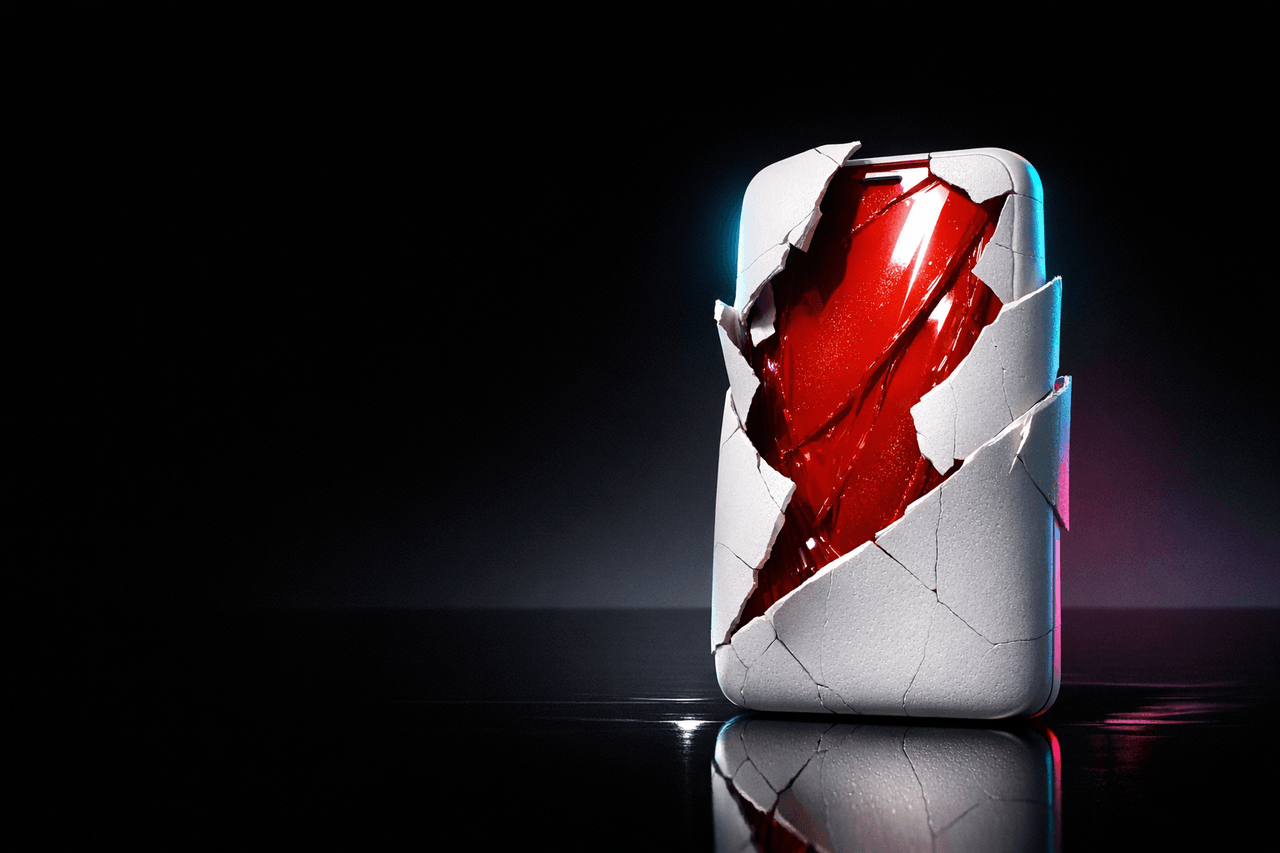
Why Tiktok's "Becoming Chinese" Feels So Good
